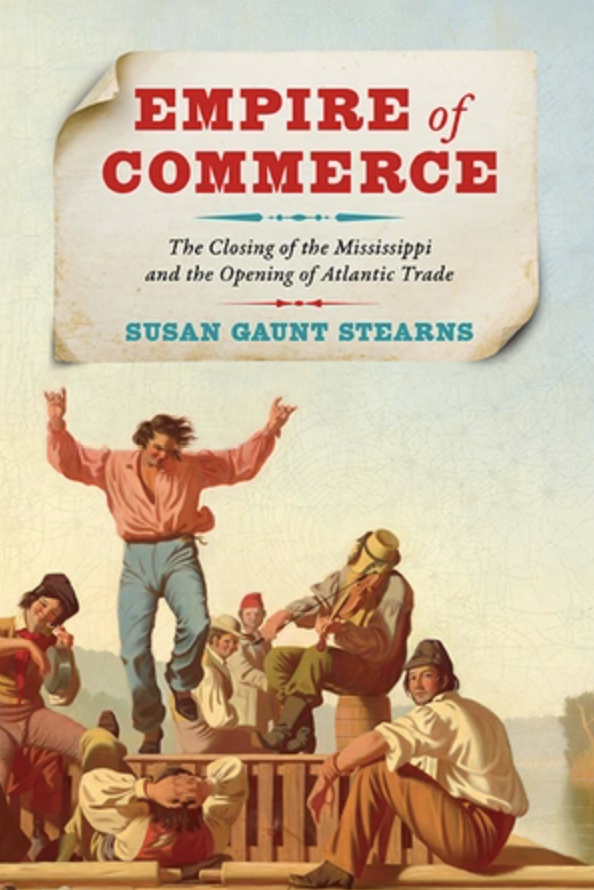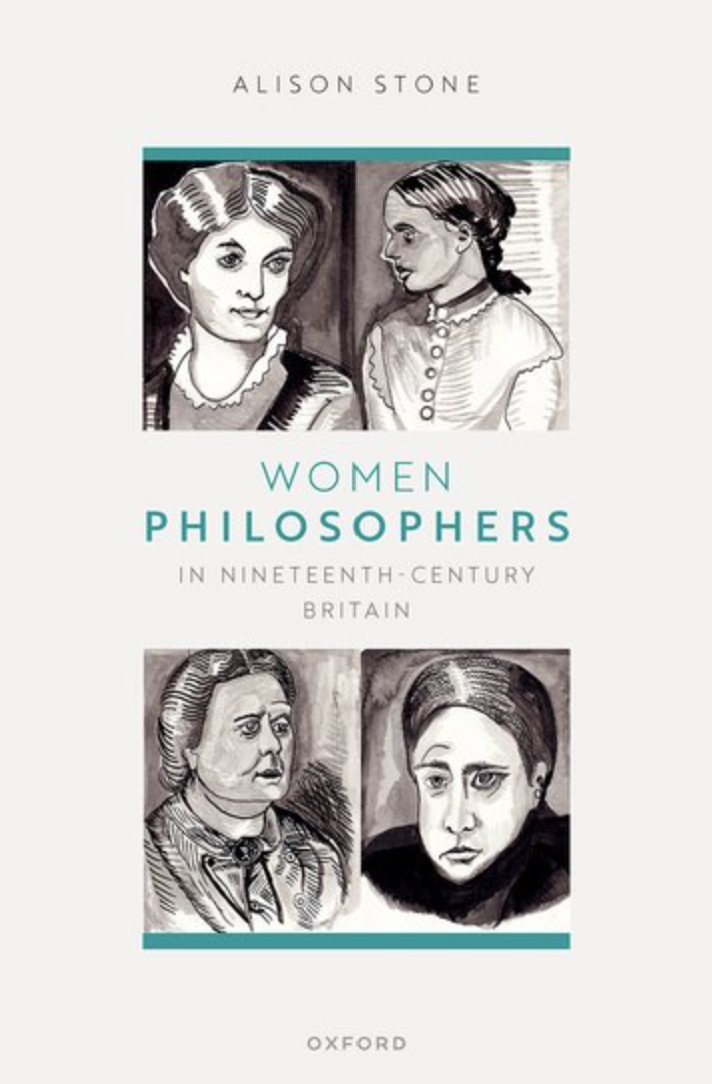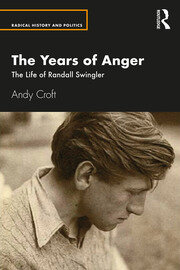Helena Constance Aeberli reviews this ‘wide-ranging, engaging, and often witty’ journey into the complex medical and religious history of women’s bodies from classical Greece to the modern day.
Review Archives
Empire of Commerce: The Closing of the Mississippi and the Opening of Atlantic Trade
Tom Cutterham reviews this ‘rich introduction to a diverse and fragmented early American world’.
Black Female Intellectuals in Nineteenth Century America: Born to Bloom Unseen?
David G. Cox reviews this ‘immensely impressive’ interdisciplinary exploration of Black women’s contributions to the intellectual life of 19th-century America.
The Story of Work: A New History of Humankind
Deborah Simonton reviews a work that travels through space and time, embracing issues of migration, slavery, division of labour, collective action, collaboration and dissent, monetization of labour, caste systems, and the place of leisure.
Women Philosophers in Nineteenth-Century Britain
Petros Spanou reviews this ‘superb, absorbing, and thought-provoking work offering a major reassessment of nineteenth-century philosophy’.
Beyond the Wall: East Germany, 1949-1990
George Bodie reviews this ‘kaleidoscopic new vision’ of a vanished country.
Bathing at the Edge of the Roman Empire: Baths and Bathing Habits in the North-Western Corner of Continental Europe
Giacomo Savani reviews this investigation of the development, adoption, and adaptation of Roman baths in the northwestern regions of continental Europe, which significantly enhances our understanding of Roman baths and bathing in the periphery of the empire.
Gold and Swingler
Katrina Goldstone reviews two biographies of neglected writers, which demonstrate there is still much to be learned about the influence of writers, political commitment, and the 1930s on broader intellectual histories.
A Culture of Curiosity: Science in the Eighteenth-Century Home
Lucy J. Havard reviews an ‘immensely enjoyable and engaging’ look at scientific enquiry as it took place in the eighteenth-century home.
Winning Women’s Hearts and Minds: Selling Cold War Culture in the US and USSR
Thomas Ellis reviews Diana Cucuz’s book on women, gender, and the politics of selling U.S. consumer culture and domesticity during the early Cold War through “polite propaganda.”




